Why are natural compounds better than synthetic chemicals to treat diseases? We have intensively analyzed all those known compounds in the natural products, and found that these compounds have higher similarity, especially structural similarity, to human metabolites.
Ideas Lab (Page 2 of 3)
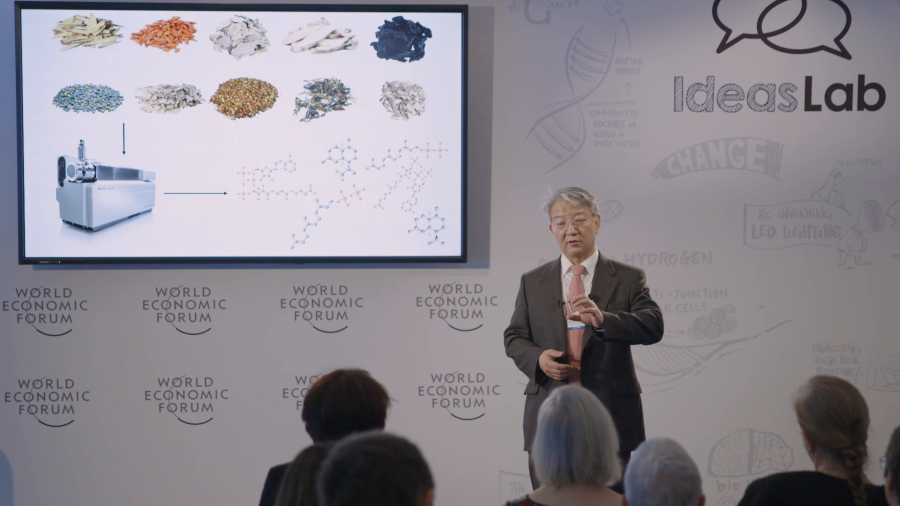
Traditional Medicine Reimagined Through Modern Systems Biology
presented by Lee Sang-Yup
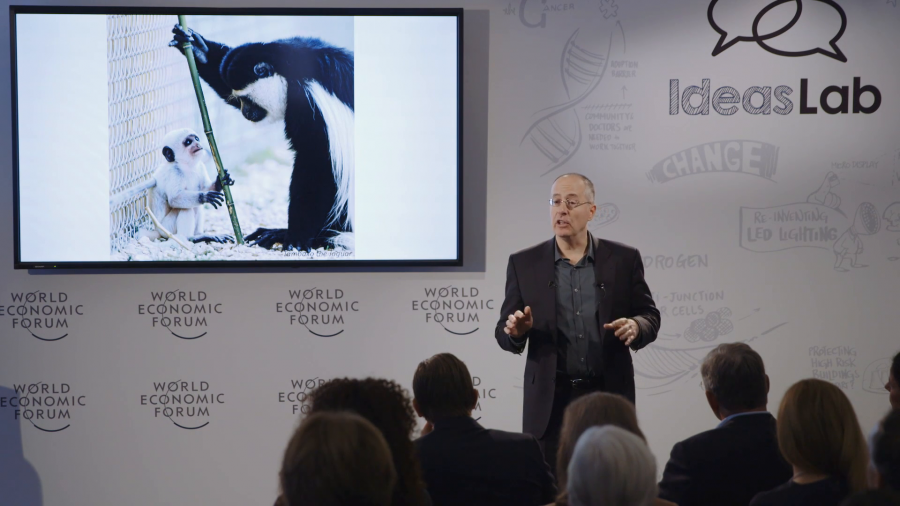
Applying Neuroscientific Findings to Enduring Social Problems
presented by Keith Humphreys
When lower primates form a hierarchy, those at the bottom undergo a change in their dopamine system. This makes them more likely to consume drugs in an addictive fashion. Now, if this turns out to be true of our species, that would mean that human beings are particularly vulnerable if they’re in some way dominated or don’t have any power.
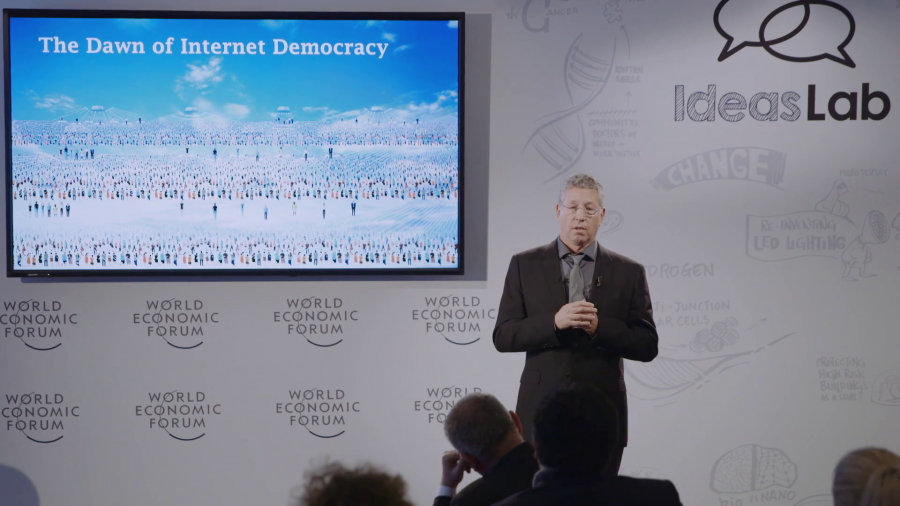
From Biomolecular Computing to Internet Democracy
presented by Ehud Shapiro
My main point is that Internet technology today does not support the right of assembly, and therefore it cannot and does not support democracy. The reason is that even though we can easily form groups on Google, Facebook, you name it, we don’t know who the people on the group are.
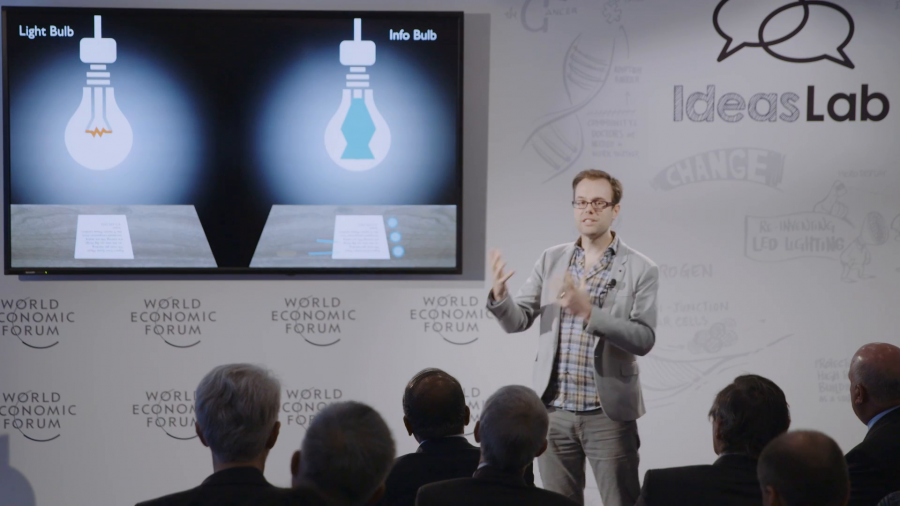
Reimagining Everyday Devices as Information-Delivery Systems
presented by Chris Harrison
What we’re trying to think about now is, take the sort of venerable light bulb and recast it as a computational appliance. So, how do we take something that’s been so remarkably successful and infuse it with computational abilities?
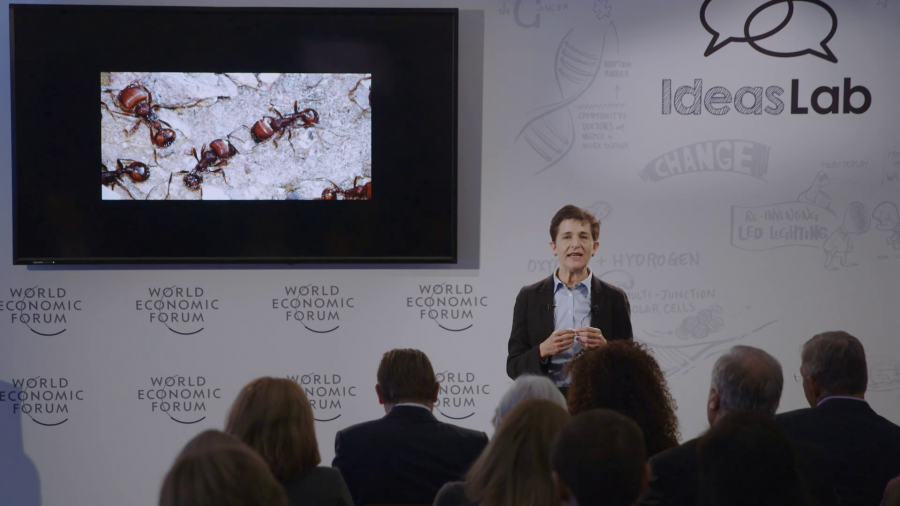
Looking to Ants to Better Understand Collective Behaviour
presented by Deborah Gordon
How can we extend what we are learning about how simple local interactions in ant colonies or in brains, in the aggregate, produce the collective behavior of the group and the way that it responds to changing conditions? How can we extend what we’re learning about collective behavior in other systems to begin thinking about collective behavior in human social organizations?
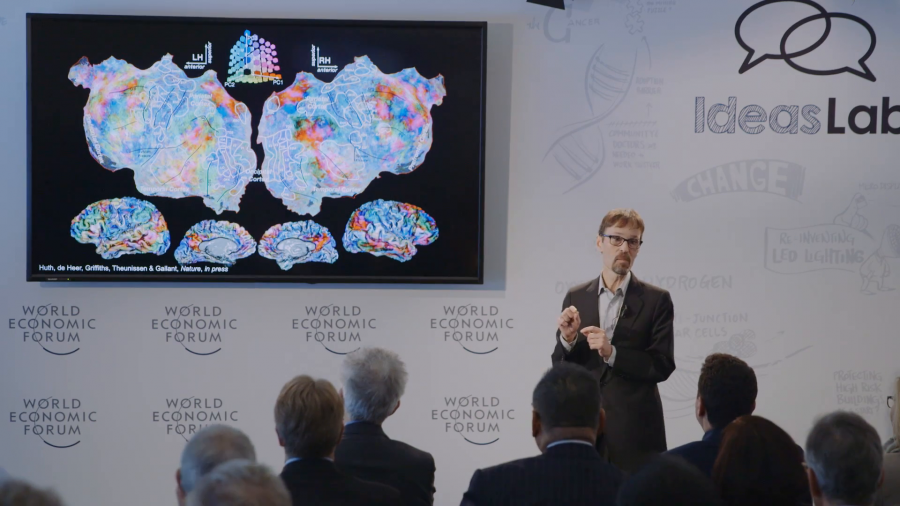
Engineering Thoughts and Memories
presented by Jack Gallant
In brain decoding, we take our model that we’ve developed of the brain (and this can be a model for anything, vision or language) and we reverse it. And instead of going from the stimulus to the brain activity, we go from the brain activity back to the stimulus.
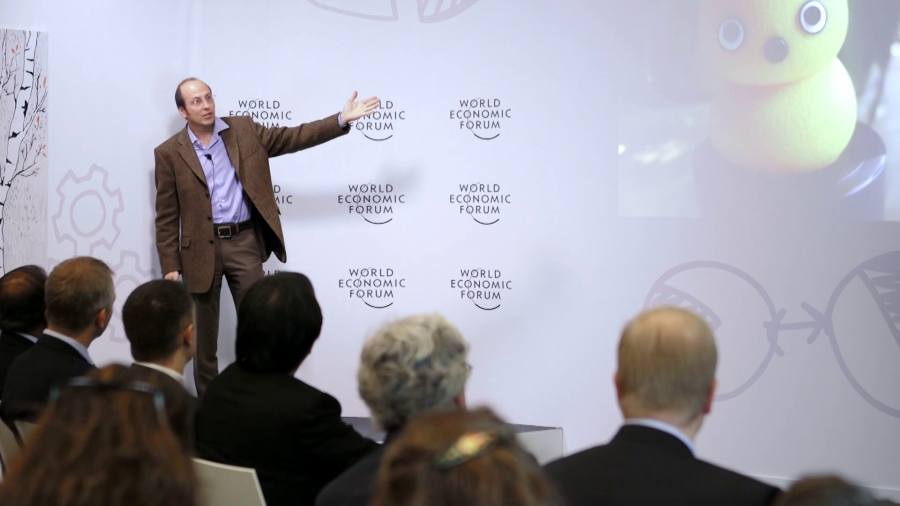
The Automated Economy
presented by Illah Nourbakhsh
Instead of having our children become consumers of robotics technology, consumers of products, we’d have to train them to be producers, to realize that they can use robotic technologies to build something with their intuition, their creativity, and their sense of purpose, that has meaning to them. Then we’d have a technologically fluent society.
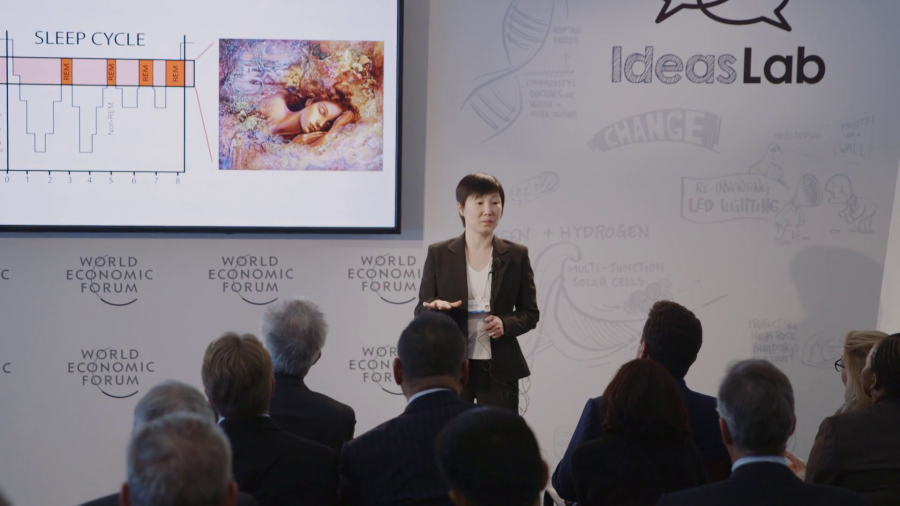
Manufacturing Dreams
presented by Dan Yang
We used to think that sleep is a passive process caused by reduced sensory stimulation so that our normal mental and physical activities can shut down. We held this belief since the time of Aristotle, and perhaps even before that. But now we know that this idea is completely wrong.
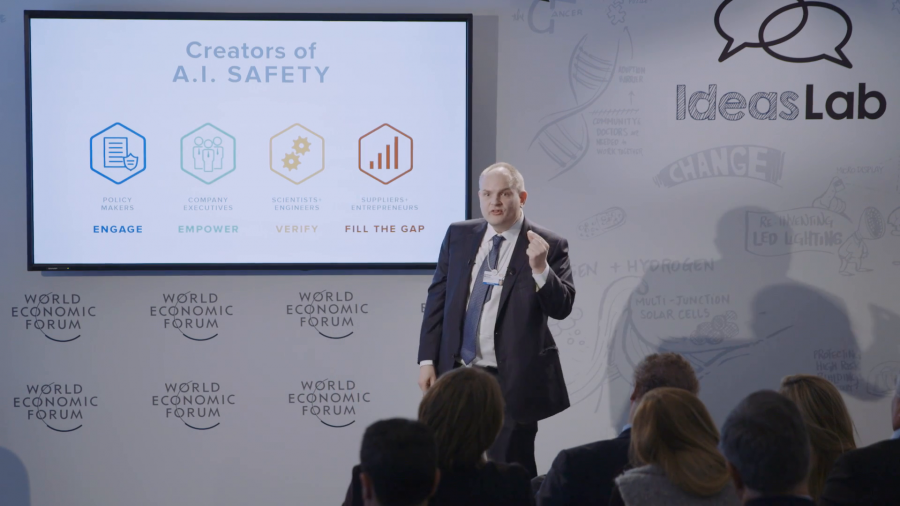
Verifying and Validating Machine Intelligence
presented by Andrew Moore
We’ve been building autonomous vehicles for about twenty-five years, and now that the technology has become adopted much more broadly and is on the brink of being deployed, our earnest faculty who’ve been looking at it are now really interested in questions like, a car suddenly realizes an emergency, an animal has just jumped out at it. There’s going to be a crash in one second from now. Human nervous system can’t deal with that fast enough. What should the car do?
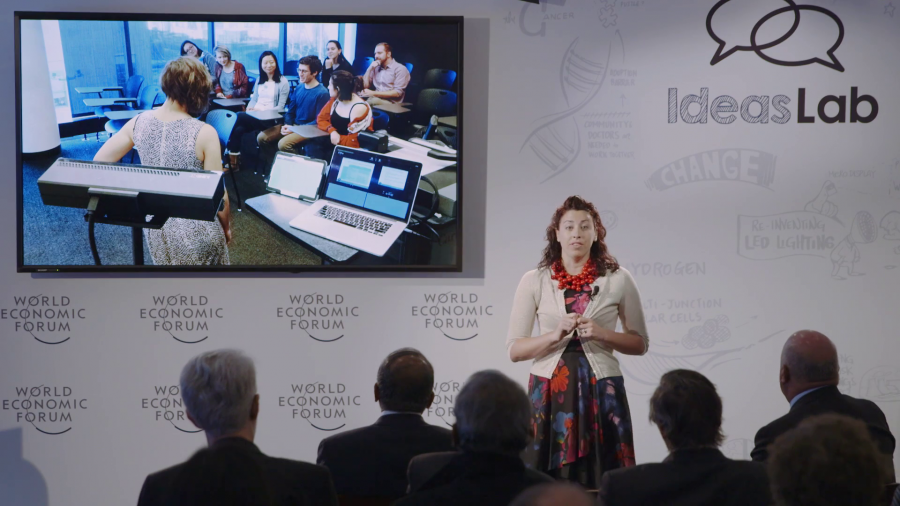
Transforming the Classroom with Ubiquitous Sensing
presented by Amy Ogan
Education has remained largely unchanged for millennia. In any classroom, you see a set of students gathered around a teacher who’s writing on the board, or maybe now we’ve added a PowerPoint deck. But, as in many other fields that have been slow to change, the data revolution is coming for education.
